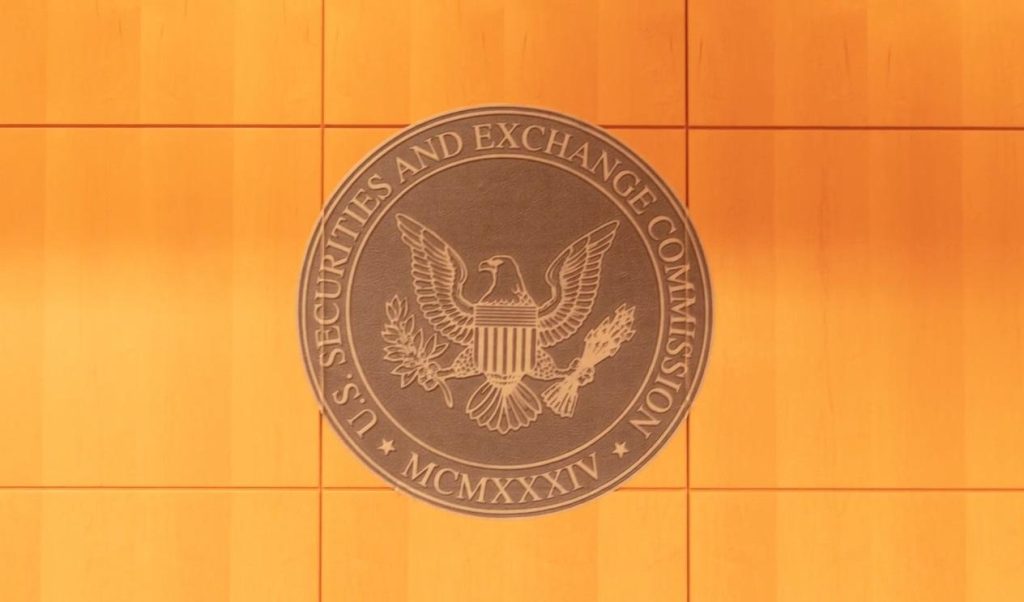The U.S. Securities and Exchange Commission (SEC) will consider significant changes to the shareholder proposal process including re-evaluating rules requiring companies to bring ESG-related proposals to a vote at annual meetings, according to comments by SEC Chair Paul Atkins.
In the remarks, made during a keynote speech at the University of Delaware, Atkins said that the Commission’s proposed “Shareholder Proposal Modernization” forms part of his plan to “de-politicize shareholder meetings and return their focus to voting on director elections and significant corporate matters,” to help reverse a decline in the number of listed companies in the U.S.
Atkins specifically called out ESG-related proposals, which he said “frequently involve issues not material to the company’s business,” and yet “consume a significant amount of management’s time and impose costs on the company.”
Atkins said:
“In the past few proxy seasons, perhaps nothing has epitomized the politicization of shareholder meetings more than shareholder proposals focused on environmental and social issues.”
In his speech, Atkins said that as part of the Commission’s planned Shareholder Proposal Modernization, he has proposed that SEC staff re-evaluate “Rule 14a-8,” a rule adopted by the Commission in 1942, that provides a mechanism for shareholders to include a proposal in a company’s proxy statement.
Atkins added:
“I have asked the staff to evaluate whether the Commission’s original rationale for adopting Rule 14a-8 in 1942 still applies today, especially in light of developments in the proxy solicitation process and shareholder communications generally over the last 80 plus years.”
While Atkins acknowledged that the process to re-evaluate the rule “does not happen overnight,” he also highlighted a pathway for companies under Delaware law – with more than 60% of U.S. public companies incorporated in Delaware – for companies to argue that shareholder proposals that are not a “proper subject” for shareholder action to be excluded from proxy materials, adding that if a company making this argument obtains an opinion of counsel and seeks the SEC’s views, “I have high confidence that the SEC staff will honor this position.”
Commenting on the SEC Chair’s remarks, sustainable investing-focused organization Ceres said that it found Atkins’ views on the shareholder proposal process “deeply concerning” and that they “point to an abdication of the agency’s investor protection mandate.”
Andrew Collier, Director, Freedom to Invest at Ceres, said:
“The shareholder proposal process has been a cornerstone of investment stewardship and good governance for decades. The process helps protect the retirement savings of tens of millions of Americans from financial risks that threaten corporate bottom lines. If the SEC intends to break longstanding precedent and deprive shareholders of their traditional input into corporate decision-making, then the agency should solicit public comment. The SEC should not make dramatic shifts in policy without allowing investors to voice their practical and economic concerns as fiduciaries acting in the best interests of clients and beneficiaries.”

